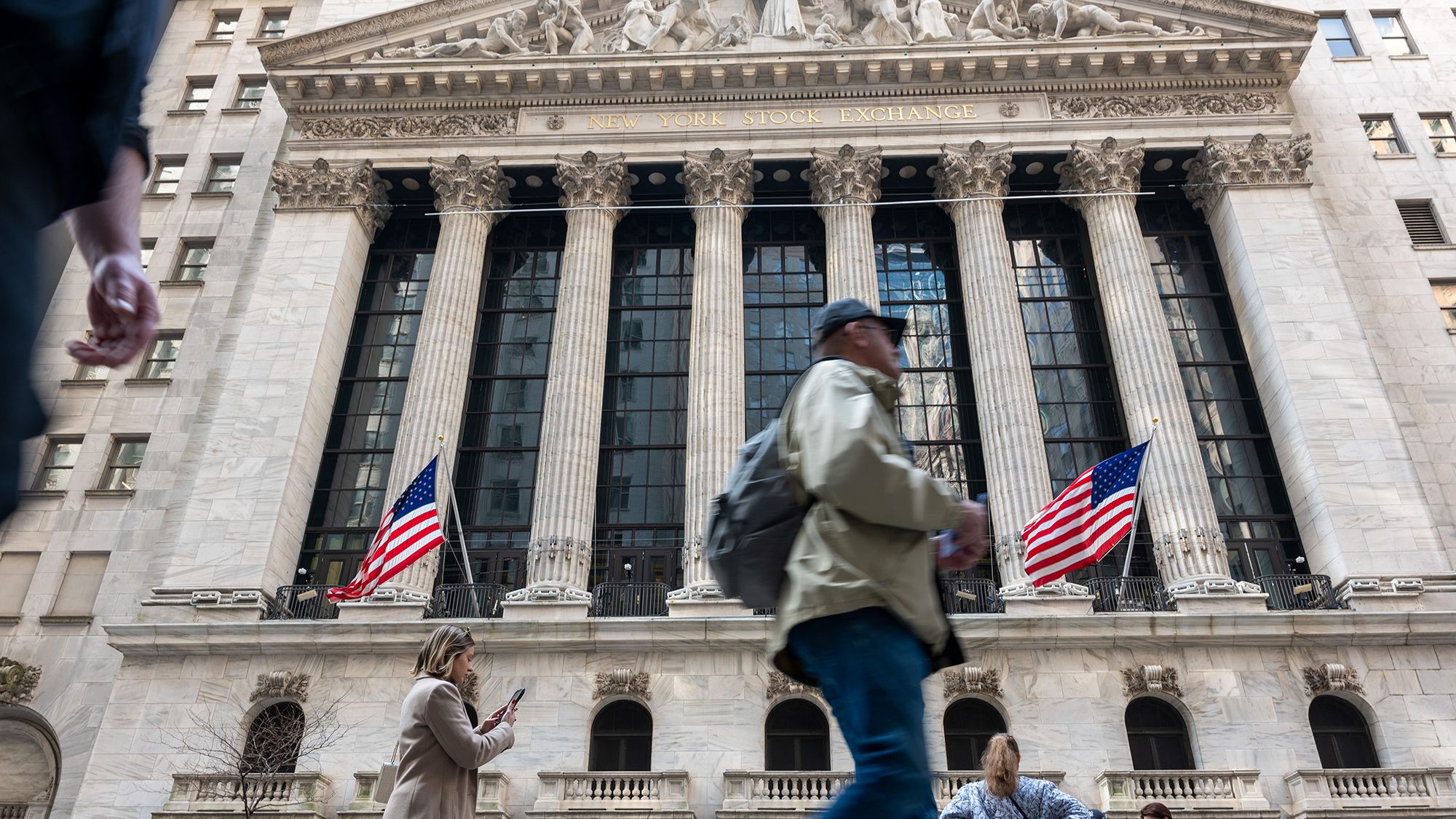The Dow tumbled by more than 600 points Thursday, notching its worst day of 2024, as all three major indexes closed lower. The drop came even after AI-darling Nvidia delivered stellar quarterly earnings and announced a 10-for-1 stock split.
Chipmaker Nvidia (NVDA) soared more than 9%?as the wider market dropped lower, highlighting a lack of market breadth. (Nvidia is not one of the 30 stocks that comprise the Dow Jones Industrial Average.)
Boeing (BA) weighed on markets on Thursday, dropping more than 7.5% after the beleaguered aircraft manufacturer said its cash flows were worse than expected this year. That caused concern amongst investors that its debt ratings could be classified as junk bonds.
The S&P 500 and Nasdaq Composite, which began the day at new intraday highs, fell by 0.7% and 0.4%, respectively. The Dow, meanwhile, closed lower by 606 points, or 1.5%.
Strong data
The selloff came after the Purchasing Managers Index for May, expected to fall slightly, came in 3.5 percentage points higher, the highest level since last June. That’s an indication that the economy is not being held back by inflation, even though price hikes have started to ease once more.
“Tech is the only industry sector not in the red,” wrote Louis Navellier of Navellier Investing in a note to clients on Thursday. “If you don’t have NVIDIA in your index it’s not a good day.”
Labor data also came in stronger than expected on Thursday morning: Weekly initial jobless claims totaled 215,000, slightly below the analyst consensus of 220,000, according to FactSet data.
April new home sales missed estimates on Thursday, coming in at an annualized rate of 634,000 versus 678,000 expected. Fewer homes being built indicates that there’s less economic confidence on the part of builders and that they’re having more difficulty borrowing the money to build them.
Fed fears
The Federal Reserve spooked markets on Wednesday afternoon when they released the notes from their last policy meeting.
The minutes showed that “various” officials said they would be willing to raise interest rates if necessary and that there were doubts as to whether financial conditions are restrictive enough to keep inflation from resurging.
Goldman Sachs CEO David Solomon also said Wednesday at an event hosted by Boston College that the Fed probably won’t begin to cut rates this year.
“I’m still at zero cuts,” he said. “I think we’re set up for stickier inflation.”
“The bond market set the dour mood that we see across much of the market,” wrote Interactive Brokers chief strategist Steve Sosnick on Thursday.
US Treasury yields rose Thursday on the positive economic news.
“Coming on the back of yesterday’s ‘higher for longer’ Fed Minutes, bond traders were in no mood to hear about a strengthening economy,” wrote Sosnick. “In theory, a stronger economy should be good for companies, and thus stocks, but because we are all so obsessed with the Federal Reserve and other central bank policymakers, we see most stocks trending lower as bond prices fall.”
Those central bank worries have pushed investors to slash their expectations for interest rate cuts from the Fed. They’re now anticipating just one cut this year, in December, according to the CME FedWatch tool. That’s down from six at the beginning of the year.






